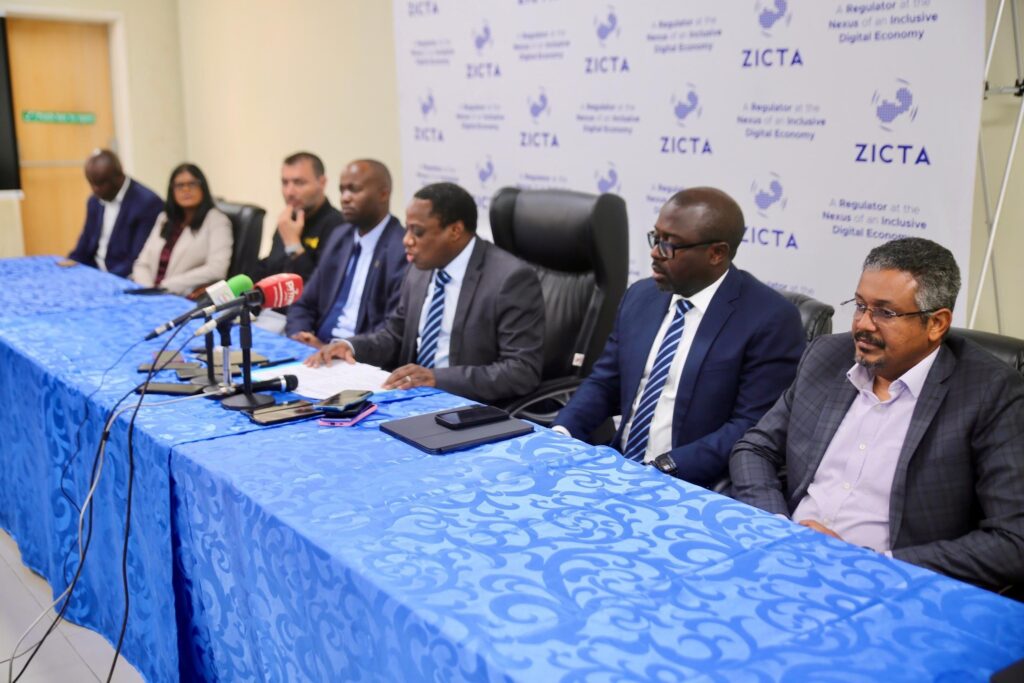ZICTA Orders Urgent Fix to Zambia’s Network Failures
The Zambia Information and Communication Technology Authority (ZICTA) has issued a 21-day ultimatum to the country’s telecom and tower companies, demanding urgent improvements in the quality and reliability of electronic communication services.
In a joint address alongside CEOs from Airtel, MTN, Zamtel, Zed Mobile, IHS, and Infratel, ZICTA CEO Eng. Collins Mbulo warned that Zambians “are no longer pleading, they are demanding” better connectivity, which he described as crucial for national productivity, innovation, and public trust.
“The daily lives of citizens are affected because of poor quality of service. It undermines productivity, it brings frustration, and it frustrates innovation,” Eng. Mbulo said.
The regulator has issued mandatory directives aimed at addressing frequent network outages and poor connectivity:
- Operators must immediately invest in network capacity and coverage, particularly in rural and underserved areas.
- All hub sites must be equipped with robust tower backup systems to ensure uninterrupted service during power outages.
- Licensees are required to deploy sustainable energy solutions, including solar, hybrid, or other renewable sources, to reduce downtime.
Tower companies IHS and Infratel have been given a strict 21-day deadline to present ZICTA with a concrete, time-bound plan for implementing redundancy measures across all communication towers.
“By obligation, these directives affect mobile network operators directly, because their networks rely on IHS and Infratel. Failure to comply will attract regulatory consequences,” Eng. Mbulo warned.
The regulator emphasised that its approach has shifted from tolerance to strict enforcement. Any provider failing to meet Quality of Service (QoS) standards will face regulatory action. ZICTA will closely monitor performance using published QoS Guidelines and track consumer complaints via the toll-free number 7070.
On energy solutions, ZICTA highlighted flexibility, noting that hybrid models potentially optimised by AI are acceptable, but the ultimate goal remains reliable, uninterrupted service.
The authority stated that these interventions form part of a broader national agenda to build a resilient, consumer-centric, and innovation-driven telecommunications ecosystem, demanding accountability and results from all licensees.



